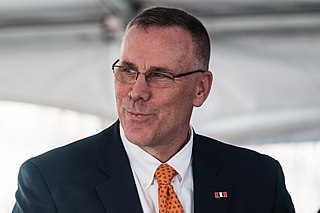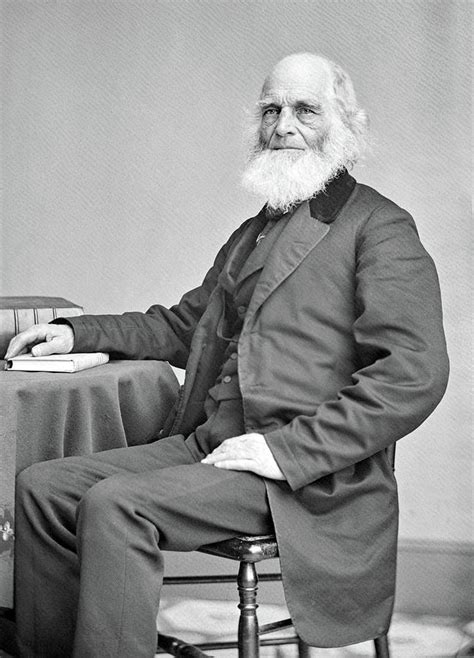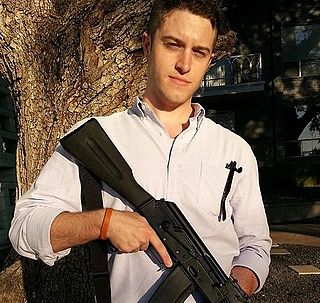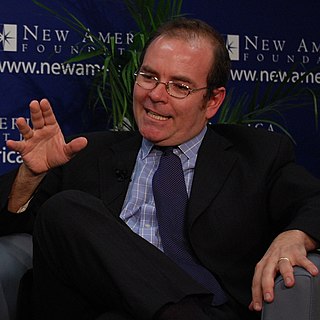A Quote by Robert Caro
You can use a biography to examine political power, but only if you pick the right guy.
Related Quotes
Biography always has fulfiled this role. Robinson Crusoe is a biography, as is Tom Jones. You can go through the whole range of the novel, and you will find it is biography. The only difference between one example and the other is that sometimes it's a partial biography and sometimes it's a total biography. Clarissa, for example, is a partial biography of Clarissa and a partial biography of Lovelace. In other words, it doesn't follow Lovelace from when he is in the cradle, though it takes him to the grave.
The right to discuss freely and openly, by speech, by the pen, by the press, all political questions, and to examine the animadvert upon all political institutions is a right so clear and certain, so interwoven with our other liberties, so necessary, in fact, to their existence, that without it we must fall into despotism and anarchy.
The President appoints the U.S. Attorneys. They're political in a certain respect. But the Department of Justice - the power that they hold is so great, it's life and limb, you know - put you in jail, make you run up hundreds of thousands of dollars of legal costs. Even though we understand that political appointees take these jobs. We don't assume that the party in power is going to use that kind of power to advance its political interests.
I think art is the only political power, the only revolutionary power, the only evolutionary power, the only power to free humankind form all repression. I say not that art has already realized this, on the contrary, and because it has not, it has to be developed as a weapon, at first there are radical levels, then you can speak about special details.
From the standpoint of modern political science the slave holders were right in declaring that liberty can be given only to those who have political capacity enough to use it, and they were also right in maintaining that two greatly unequal races cannot exist side by side on terms of perfect equality.
We electors have an important constitutional power placed in our hands: we have a check upon two branches of the legislature, as each branch has upon the other two; the power I mean of electing at stated periods, one branch, which branch has the power of electing another. It becomes necessary to every subject then, to be in some degree a statesman: and to examine and judge for himself of the tendencies of political principles and measures.




































